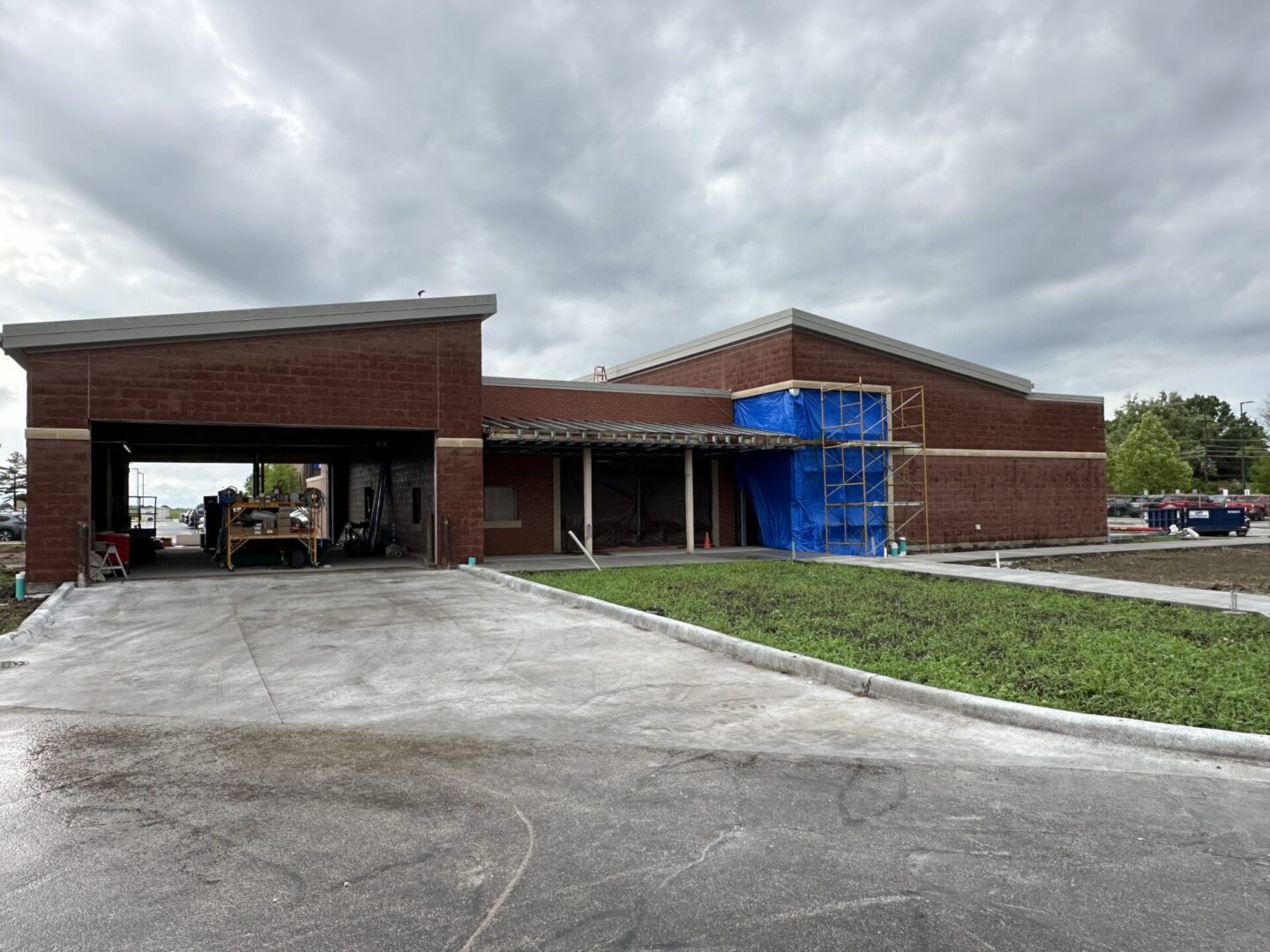High interest rates have pushed monthly mortgage payments in Illinois up by 40% in the past few months. The residential real estate market is starting to feel the impact.
“Prices have gotten so high. I expect them to start coming down,” said Professor Daniel McMillen of the Stuart Handler Department of Real Estate at the University of Illinois Chicago. “With interest rates as high as they are, it has to be the case that the housing market has to slow up.”
This fall, higher-priced homes are still selling for high prices, but the market has entered a transition phase, McMillen told The Center Square.
“Now that residential mortgage rates have hit the 7% range, the cost of owning a home is much more expensive,” he said.
One sign of a slowdown is that it is getting harder to find homes under $250,000.
“The low-priced homes start to drop out of the market. Higher-priced homes will often continue to sell,” McMillen said. That was what the market saw in October, he added.
Meanwhile, plenty of buyers who qualified for a mortgage payment of $1,200 a month can’t afford to buy now that interest rate increases have driven payments for the same house up to $2,000 or more per month. Those buyers have dropped out of the market and sales have slowed down. The indices will change to reflect the new market conditions, McMillen said.
“Think about buying less house,” McMillen said. “Instead of buying a $500,000 house, look at $400,000 houses. Lower your expectations.”
First-time buyers should consider a 2 bedroom/1 bath home instead of holding out for a three-bedroom house with a garage.
“If it is a house that you are willing to live in for a while, it gives you a chance to build up equity in it. That way, you avoid the big rent increases that apartments are charging,” he said.
In the past 10 years, a lot of smaller landlords have left the rental housing market. Landlords who only own a handful of properties are reluctant to raise rents as fast as corporate owners with sophisticated pricing systems.
“Corporations are adjusting rents much more rapidly than they used to. Because they own lots of units, they are willing to risk losing tenants to get tenants who can afford to pay higher rents,” McMillan said.
Sellers normally see a slow down during the winter, McMillan said. The smart move may be to wait it out and see if interest rates come down in the spring.
No one has a crystal ball to see what will happen to the residential real estate market next spring – the busiest time of year for home sales. McMillen is fairly confident that the Federal Reserve will make progress in the effort to tame inflation. Interest rates will eventually come down, he said, though “it may take a year or two.”
We may never see mortgage rates in the “outrageously low” 3% range again, he said.
“I’m talking about an adjustment back to the 4% to 5% range,” McMillan said.
***Courtesy of the Illinois Radio Network***















